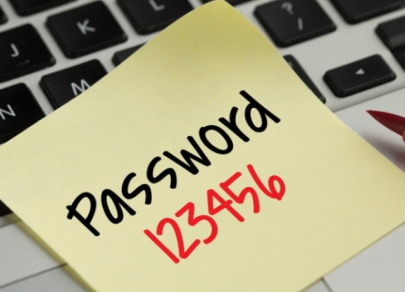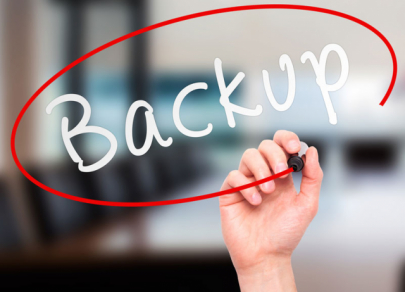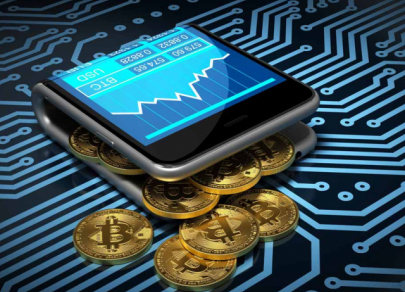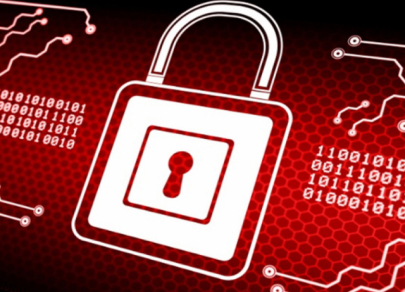FX.co ★ Most reliable ways to keep your cryptocurrency wallet secure
Most reliable ways to keep your cryptocurrency wallet secure
Choose a strong password
When creating a password you should you a complex combination of symbols.
You can use three methods to easily remember a password. Some traditionally write it down on paper, others resort to using password-generating services, while the most fearless write down a combination of secret signs or parts of it in public places, take pictures and publish on the Internet.
It is up to you which of these methods is worthy of attention. In any case, do not forget to use two-factor authentication every time you go to external services.

Update backup data
A backup of the wallet file is used when there is a risk of losing it if the computer breaks down or the network connection is interrupted.
In the case of a hacker attack, use a seed key, or a seed phrase, a password that helps you restore your wallet (if it is stolen or lost) before the fraudster uses your cryptocurrency.

Try not to use public Wi-Fi
It should be borne in mind that when you log into your wallet from your phone, tablet or laptop, it is unsafe to connect to an untested Wi-Fi. This is the same as if you left your gadget unattended without taking proper precautions.
Malicious Wi-Fi connections and phishing sites can intercept information from the device via a wireless network.

Use cold wallets
Experienced miners always divide their tokens into two wallets, hot and cold.
The first one stores funds intended for trading and other transactions, that is, the amount of savings you will not regret losing in the event of an unfavorable set of circumstances.
The second one is usually kept on a laptop, old phone or another device that never connects to the Internet and is not exposed to external threats.

Use cold wallets
Experienced miners always divide their tokens into two wallets, hot and cold.
The first one stores funds intended for trading and other transactions, that is, the amount of savings you will not regret losing in the event of an unfavorable set of circumstances.
The second one is usually kept on a laptop, old phone or another device that never connects to the Internet and is not exposed to external threats.






















